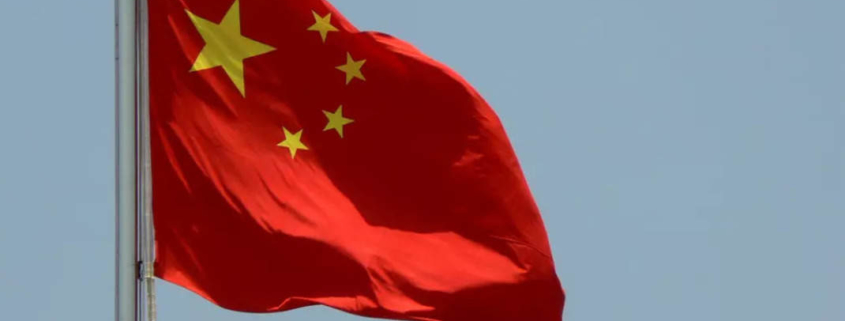China eyes pushing US IPO-bound firms to hand over data control: Sources
The regulators believe bringing in third-party information security firms, ideally state-backed, to manage and monitor IPO hopefuls’ data could effectively limit their ability to transfer Chinese onshore data overseas, one of the people said.
That would help ease Beijing’s growing concerns that a foreign listing might force such Chinese companies to hand over some of their data to foreign entities and undermine national security, added the person.
The plan is one of several proposals under consideration by Chinese regulators as Beijing has tightened its grip on the country’s internet platforms in recent months, including looking to sharpen scrutiny of overseas listings.
The crackdown, which has smashed stocks and badly dented investor sentiment, has particularly targeted unfair competition and internet companies’ handling of an enormous cache of consumer data, after years of a more laissez-faire approach.
A final decision on the IPO-bound companies’ data handover plan is yet to be made, said the sources, who declined to be identified due to the sensitivity of the matter.
The regulatory officials have discussed the plan with capital market participants, said one of the sources, as part of moves to strengthen supervision of all Chinese firms listed offshore.
IPO advisers are hopeful a formal framework on the data handover issue could be delivered in September, said the source.
The China Securities Regulatory Commission (CSRC) and the Cyberspace Administration of China (CAC) did not respond to faxed requests for comment.
Chinese regulators have recently put companies’ overseas listing plans, particularly in the United States, on hold pending new rules on data security.
Last month, the CAC proposed draft rules calling for companies with over 1 million users to undergo security reviews before listing overseas.
The US Securities and Exchange Commission, which oversees US-listings, did not immediately respond to a request for…


